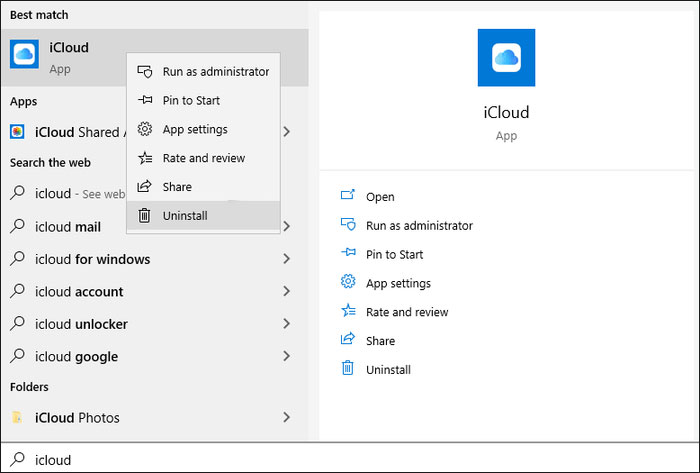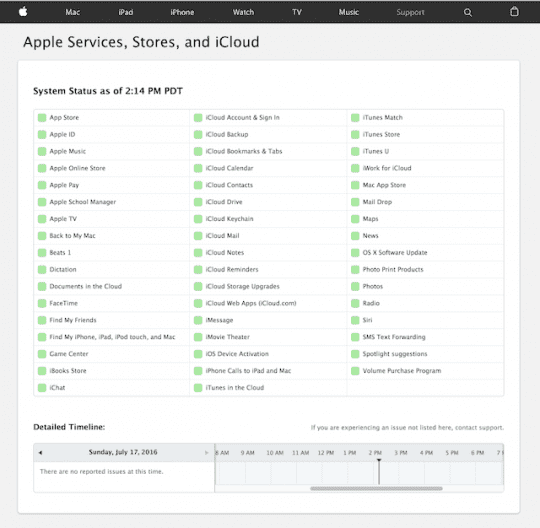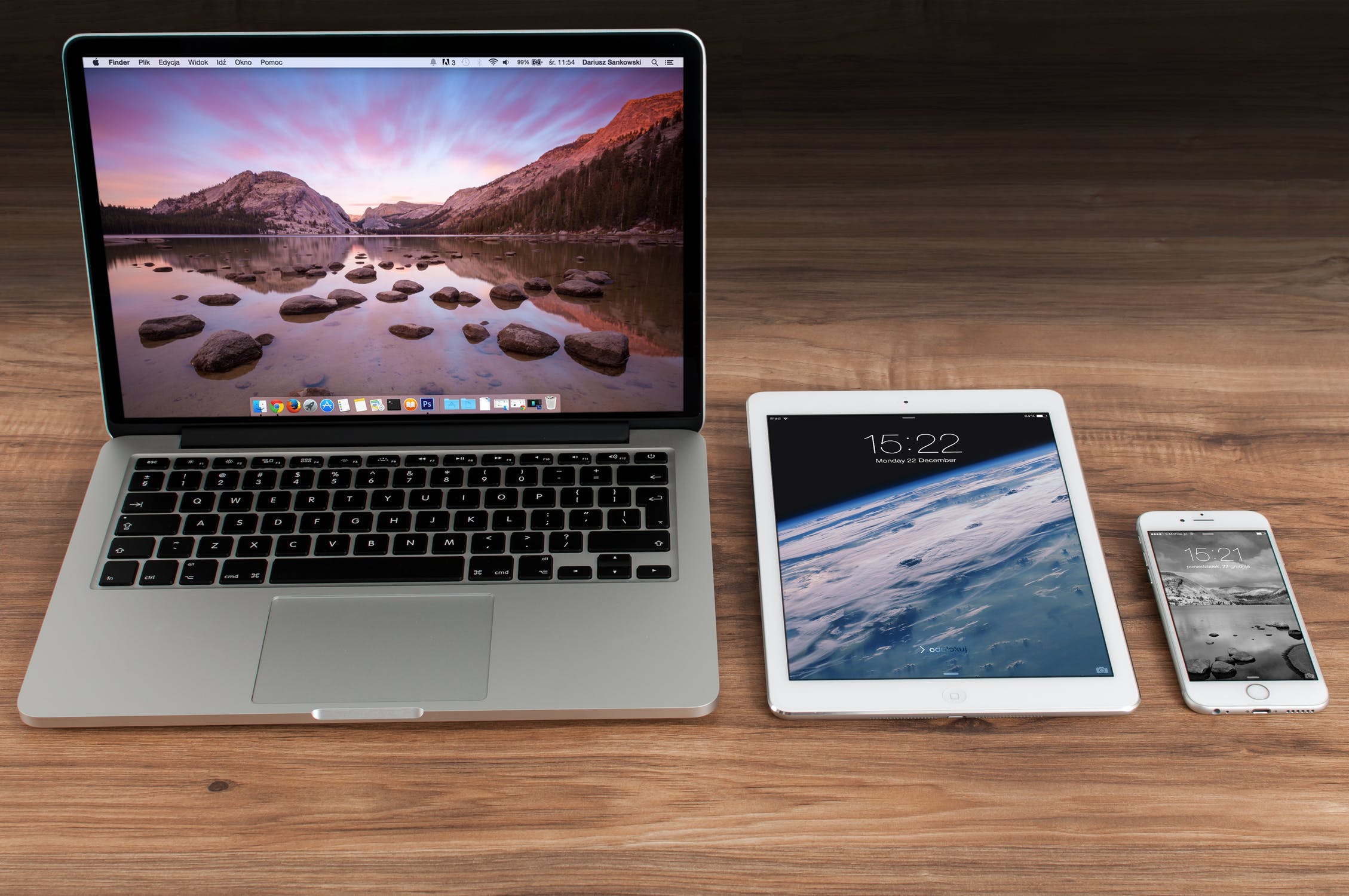

- Mac icloud keeps asking for password 2017 install#
- Mac icloud keeps asking for password 2017 verification#
- Mac icloud keeps asking for password 2017 software#
- Mac icloud keeps asking for password 2017 code#
You will get the 6 digit code on your trusted device.
Mac icloud keeps asking for password 2017 verification#
If you have 2 step authentication turned on, you will be to input a Apple ID Verification Code.Directions below on how to get it connected again. The more things change, the more they stay the same.| 3 Comments iCloud password not working Outlook 2016 Mac If you’re getting the error on the right side or having issues connecting your iCloud account with Outlook 2016 on your Mac, then you have an app password issue. It’s the same idea as Felix Krause’s suggestion to hit the home button before entering passwords, except it was implemented almost 20 years ago. In its versions of Windows for business customers, it came up with an ingenious way to ensure that malware couldn’t ask for a user’s password: the real login screen on those versions of Windows can only be accessed by using a keyboard command, control-alt-Delete, that only Microsoft is able to respond to. That meant users rapidly learned to simply click continue without reading the dialogue, undoing any security progress and eventually forcing Microsoft to replace the feature entirely in Windows 7.Įven before then, however, Microsoft had solved one of the problems that currently affects iOS. But in practice, it meant that the operating system interrupted the user to ask permission almost every time any program wanted to do anything.

“Security overload”, or the risk that users become so overwhelmed by security features that they actually create insecurity, is a long-running problem.įamously, Windows Vista launched with a feature called User Account Control, which was intended to prevent rogue programs from taking over an infected computer.
Mac icloud keeps asking for password 2017 software#
Nonetheless, the problem faced by Apple is one that many other software developers have had to tackle over the years.

Mac icloud keeps asking for password 2017 install#
There is no evidence Krause’s suggestion has been implemented in practice by any unscrupulous developer, and to use it for an effective phishing attack still has two further hurdles to overcome: the app must make it past Apple’s reviewers to get on the App Store, and the developer must convince users to install it. Any other app will be forced to close, and with it, the fake pop up. That’s because only Apple itself can respond to home button inputs. The most shocking thing about this, is that it only took me about 15 minutes to build a perfect replica of the original /iiMKLLHvA6- Felix Krause October 10, 2017Īs currently constituted, there is only one way a user can be certain that the request for a password comes from Apple and not a rogue app, Krause said: hit the home button before entering the password. Even users who know a lot about technology have a hard time detecting that those alerts are phishing attacks.”Īpple’s standard alerts look identical to those that normal developers can present, Krause noted, which means a well-crafted phishing pop-up could present absolutely no visual warnings that something “phishy” was afoot. “This could easily be abused by any app, just by showing that looks exactly like the system dialogue. However, those popups are not only shown on the lock screen, and the home screen, but also inside random apps, eg when they want to access iCloud, GameCenter or in-app purchases,” Krause said.

“Users are trained to just enter their Apple ID password whenever iOS prompts you to do so. But according to developer Felix Krause, the incessant requests are more than just an irritation. It can be frustrating, particularly if the password is long and complex, and it can often be hard to work out why, precisely, the device needs your credentials. Regular users of iPhones or iPads will be used to sporadic requests from the operating system to enter their Apple ID password, popping up in the middle of other activities and preventing them from continuing until they accede to the request. The iPhone’s habit of repeatedly requesting your Apple ID password with little explanation or warning isn’t just annoying – it’s also a security flaw which could allow attackers to craft extremely convincing phishing attacks, an iOS developer has warned.


 0 kommentar(er)
0 kommentar(er)
